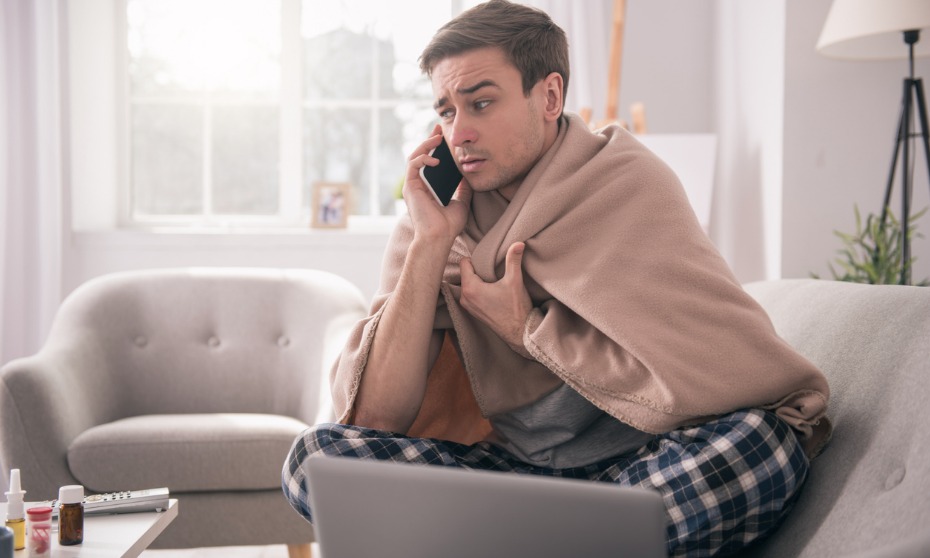
Employers are often left with missing staff due to unforeseen absences

Nearly all employers have to deal with workers using their sick leave to extend their time off during public holiday long weekends.
In its latest report, the Australian Payroll Association described how companies are often left with missing employees due to unforeseen absences.
As many as 86% of payroll managers say they’ve had workers take sick leave before or after long weekends.
Nearly half (47%) report their company has lost more than 5% of employees due to unforeseen absences, while 18% say they have lost up to 10% at one point.
The two industries most affected by this trend of long weekend sickies are retail (94%) and health care (91%), the study showed.
Many of the payroll managers surveyed say the reasons given to them by their employees, such as vomiting and gastroenteritis, “seemed genuine”. However, an equal number of respondents didn’t think their workers were aware of the rules on sick leave.
Tracy Angwin, CEO of the Australian Payroll Association, said employers who required workers to submit medical certificates had lower rates of absences due to illness compared with others who did not require proof. It is “perfectly acceptable” for organisations to have a policy in place, she said.
“Sick leave – now classified as personal or carer’s leave – gives each employee 10 days of paid leave a year,” Angwin explained. “This entitlement is specifically for unplanned personal illness or injury that leaves the employee unfit to work. It excludes days off for elective surgery, planned medical procedures, or for sick pets, which should be taken as annual leave.”
Angwin clarified workers can only use their carer’s leave, which is given to them as part of their sick leave entitlement, if they need to look after an immediate family member who is ill.